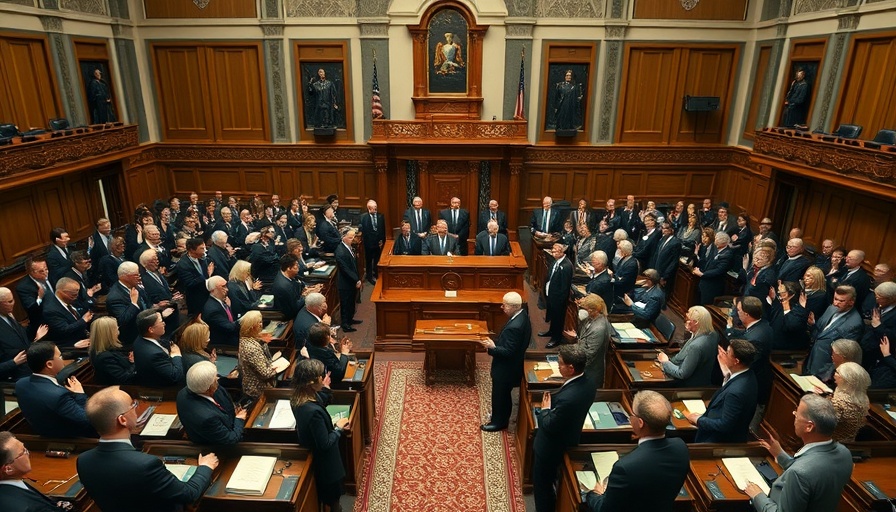
Montana's Medicaid Debate Explores Health Policy Impacts
The Montana legislature is set for a heated discussion over the state's Medicaid expansion, with implications reaching into other health policy areas. This program, crucial to over 75,000 Montanans, faces potential expiration amidst strong opinions from both sides of the aisle.
The Heart of the Debate: Medicaid's Future
Initially launched in 2015 and renewed in 2019 with bipartisan support, Montana’s Medicaid expansion now faces an uncertain future. Republicans, holding legislative power and the governor’s office, propose work requirements for enrollees. With both state and federal funds at stake, the program’s resolution is essential for continued support to low-income residents, underscoring the critical nature of this legislative session.
Broader Health Policy Implications
Senator Dennis Lenz highlights the interconnected nature of health policies, indicating how Medicaid discussions may influence decisions on behavioral health funding and hospital tax regulations. This intricate web of policy decisions suggests that the legislature's choices could have lasting impacts on Montana's healthcare landscape.
Unique Benefits of Understanding These Decisions
The outcome of these debates has significant repercussions for healthcare accessibility and affordability in Montana. For health enthusiasts, understanding these dynamics equips them to anticipate changes that could influence both individual wellness and broader public health strategies, making informed decisions all the more crucial.
Future Predictions and Trends
If the Medicaid expansion persists, enhanced work requirements may become a national trend, influencing healthcare access debates elsewhere. Conversely, a failure to expand could signal growing disparities in healthcare availability, pushing advocacy for alternative solutions to ensure medical support for vulnerable populations.
 Add Row
Add Row  Add
Add 




Write A Comment